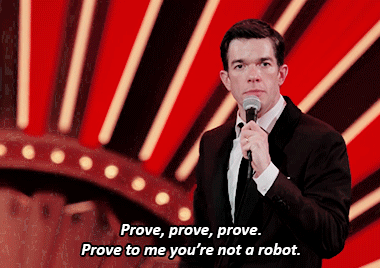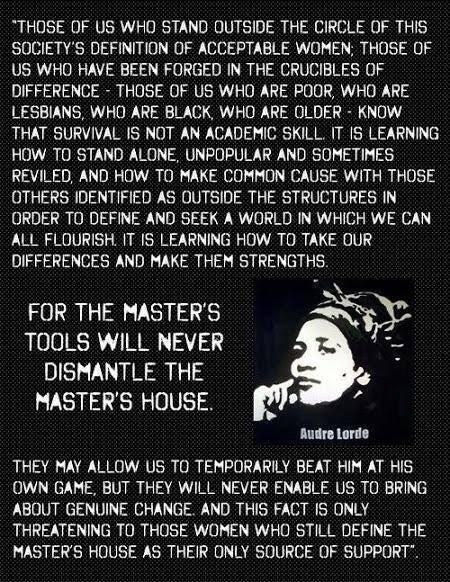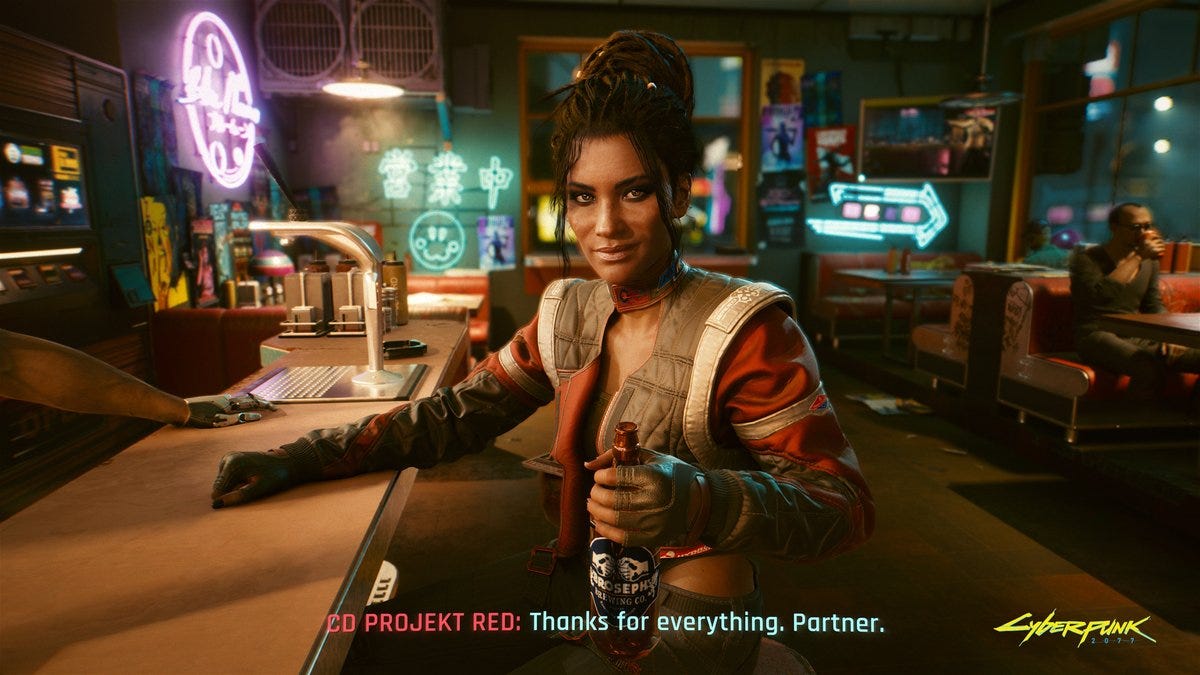astrology for writers is an exclusively reader-supported publication. if you enjoy getting this newsletter in your inbox, please consider becoming a paid subscriber.
This time last year, OpenAI and its newly launched brainchild, ChatGPT, were in the sights of only the most tech-forward consumers. Now, they are at the forefront of everyday life: the subject of clickbait headlines, of educational debates, and, of course, of several prominent lawsuits that seem poised to set historical legal precedent.
While artificial intelligence has long been in development, its most recent, exponential advances have finally put its threat level in the realm of what was once only imaginal. Science fiction, a genre birthed out of the anxieties of the 19th century Industrial Revolution, was perhaps first glimpsed in Mary Shelley’s early 19th century oeuvre (Frankenstein, but also — saliently for our times — The Last Man) and experienced a fuller birth in Samuel Butler’s Erewhon (1872). In more recent cultural memory, sci-fi stories like Star Trek and The Matrix have directly spoken to the anticipatory fear of how technology might encroach on humanity, and to the question of what, precisely, makes humanity worth preserving.
Many astrologers publicly theorizing about what Pluto in Aquarius might bring are concerned with the literal applications of this new era as it might pertain to the threat of AI, especially in the arena of war. And those concerns aren’t unfounded: less than 72 hours before Pluto first entered Aquarius last March, OpenAI reported security breaches with ChatGPT that turned out to be much more significant than first reported (email addresses, payment addresses, and credit card information were leaked to other users).
Then, less than a week into Pluto’s first trip into Aquarius since 1777, a public letter decrying the dangers of AI, now signed by more than 20,000 academics, entrepreneurs, scientists, and more, was published on The Future of Life website. The letter warned that AI “pose[s] profound risks to society and humanity,” and that AI labs are “locked in an out-of-control race to develop and deploy ever more powerful digital minds that no one – not even their creators – can understand, predict, or reliably control.” Notable signatories at the time of the letter’s publication included Apple co-founder Steve Wozniak as well as the controversial Elon Musk, who co-founded Neurolink, a company working on human/machine interface, as well as OpenAI, the parent of ChatGPT. In May, the “godfather of AI” himself, Geoffrey Hinton, fully left Google so that he could better warn others about the dangers of AI — a technology he had been at the forefront of. An Octavia Butler novel come to life.
These were only a few of the highlights of that period: the danger of being taken over, the risk of going too far, the question of if we already have gone too far. How, then, to determine the boundaries between what is self and what is other; what is real and what is artificial.
There is, beneath this, a powerful undercurrent around the anxiety of the cyborg: that creature that is both animal and artifice, machine and organism. Conversations around Pluto in Aquarius have figured the cyborg as a very literal object or experience — from the relatively benign body modifications available to our characters in the videogame Cyberpunk 2077 to the overarching question of whether AI can ever develop a consciousness.
And so we return once more to this question: what, precisely, makes us human in the first place? And what about humans, specifically, is worth preserving?

Pluto entered Aquarius last Saturday, January 20th, and it will be there for this second trip until September 1st, when it retrogrades back into Capricorn for its final journey there. It will re-enter Aquarius on November 19th of this year, where it will remain until March 8, 2043 (!).
Last year, when Pluto first entered Aquarius, I wrote about revolution, because the last time Pluto was in Aquarius is an era we now call The Age of Revolution, and revolution was the theme that most spoke to me, that seemed in the air. But now, there is this aspect to consider: the rise of potentially world-shattering technology and the question of whether the most powerful among humanity have the moral compass to manage it responsibly. Given that the most powerful are currently committed to an ongoing genocide, it seems that we have our answer.
The pursuit and prioritization of power forces a binary: the haves and the have nots. Winning or losing. On top, or crushed beneath. In control, or subjugated. This black and white way of thinking is also, incidentally, so Protestant: heaven/hell, saved/damned.
When considering the cyborg as an avatar for this era, in astrology circles, I’ve mostly heard debates posed as to whether the human or the machine will win/dominate, because, again, the Capitalist-Protestant Binary that so seeds and infects every part of American culture regardless of how invested people actually are in either of those things. Within the framework of the binary, there is no space for co-presence and co-creation, no space for “porque no los dos?” No space for the lateral movement and inclusion and coalition-building of the many, hybridizing our limbs and hearts and ears and minds together.
This is to say: men twiddling their thumbs about whether man or machine will win bore me, and I think they are asking the wrong question. Donna Haraway thought so, too.
In “A Cyborg Manifesto: Science, Technology, and Socialist Feminism in the Late Twentieth Century,” Haraway wrote about how we are already cyborgs. And this was nearly forty years ago:
We are all chimeras, theorized and fabricated hybrids of machine and organism; in short, we are cyborgs. The cyborg is our ontology; it gives us our politics. The cyborg is a condensed image of both imagination and material reality, the two joined centers structuring any possibility of historical transformation. In the traditions of ‘Western’ science and politics — the tradition of racist, male-dominant capitalism; the tradition of progress; the tradition of the appropriation of nature as resource for the productions of culture; the tradition of reproduction of the self from the reflections of the other — the relation between organism and machine has been a border war.
When I first read Haraway in undergrad, I didn’t get it. Then, in grad school, deconstructing my faith but still caught up in binary thinking, I didn’t like it. I was a human. I had a soul, thank you very much. I couldn’t see the forest for the trees, with what she was saying.
I couldn’t see the value in engaging with the theory, and how considering the idea might help me reconsider how I interacted with the world. To Haraway, our experience of the world itself is a creation of both what we experience as well as the many fictions that layer to construct “social reality.” The boundaries between humans and machines are increasingly leaky, especially with what she identified as the “miniaturization” and invisibilization and fusion of technology into the human experience. (And this was in the ‘80s, long before smartphones became extensions of the human arm.)
On a more humorous note, reading Haraway now makes me think of John Mulaney’s Robot Test bit, about the trials and tribulations of password management, which concludes with him declaring, “You spend most of your day telling a robot you’re not a robot. Think about that for two minutes and tell me you don’t want to walk into the ocean.”
These days, our lives are already ingratiated beyond recognition with technology. While Haraway’s whole manifesto more explicitly addressed questions of gender and identity than, say, literal application to AI and astrology, it very much also had questions of power at its center, and in this, I think, there is medicine for us as we continue to move further into Pluto in Aquarius and learn what its early lessons might be for our current era.
In critiquing binary dualism and in embracing the metaphor of the cyborg, Haraway was foregrounding western philosophy (and society’s) discomfort with the partial, the hybrid, the both/and, the liminal, the displaced: that which is beyond, or between, categorization. To say that such people, places, things, qualities, and ideas create unease in the dominant castes of western society is, I think, not a stretch. Hell, the United States has never managed a sufficient challenge to a two-party system: that is the depth of commitment to the either/or rather than both/and.
But those who move on the outskirts and the outside of the binary — those who exist in hybridity — develop useful skills: an intellectual, emotional, and spiritual flexibility, agility, and adaptability that will serve us in the years to come.
Survival, it turns out, is available to us in the slippage.
Audre Lorde talks about this in Sister Outsider; speaking specifically as a Black lesbian, her words reverberate: “the master’s tools will never dismantle the master’s house.” The binary cannot be overturned from within. The answer is without / outside / beyond.
The “answer” — inasmuch as there is one, as it is constantly in a state of evolution — is in the cyborg, in the chimera, in the hybrid, in the communal, in the liminal, in the yes/and.
in the knowledge that the many, and the joining of the many, is essential.
Artificial Intelligence is only one piece of the Pluto in Aquarius puzzle. It has put a spotlight on the integration of humanity and machinery, yes; it has put into laser-sharp perspective just how on-edge those in power are of pushing a button they will never be able to take back.
But as much as it is revealing our interdependency with technology (and what is writing itself, if not a technology! Paper! The pen!), it is also revealing our interdependency with each other. The necessity of community. Reminding us that we are more powerful in number — in protest, in solidarity, in lawsuits, in the streets, in spiritual ritual — than we are as silo’d individuals, occupied by the busywork of the ruling class.
As Haraway writes,
I am sick to death of bonding through kinship and “the family,” and I long for models of solidarity and human unity and difference rooted in friendship, work, partially shared purposes, intractable collective pain, inescapable mortality, and persistent hope … Ties through blood … have been bloody enough already.
Thank you for reading this edition of astrology for writers. If you enjoyed it, please consider becoming a paid subscriber, or sharing on social media or with your writer friends.






This is outside the confines of this cyborg discussion, so forgive me, please. But it's what I think of continually whenever Pluto in Aquarius comes up, which is how Pluto may choose to tear down and rebuild political structures as defined by the Aquarius/Leo axis. And when *I* think of the Aquarius/Leo axis as it pertains to political structures I think about despots (on the Leo side) and the kinds of communitarian structures that prioritize collective needs over individual ones (on the Aquarius side), which can be good to a certain point and then go very, very bad. I think we already have plenty of examples of the former, but fewer examples of the latter on a society-wide scale. But I wonder if we will see them emerge as the pendulum swings back and forth looking for some new homeostasis.
I saw The Creator over the weekend and honestly, it's incredible. The way it looks, but also the ideas it's putting out there. How an AI future could look. Highly recommend if you haven't seen it yet. Very similar vibes to your sentiments here.